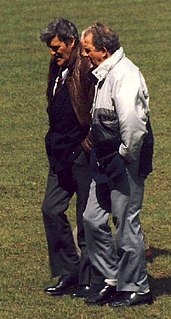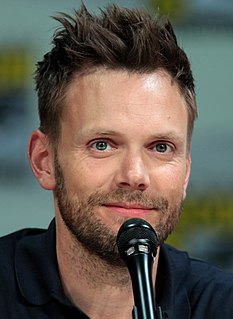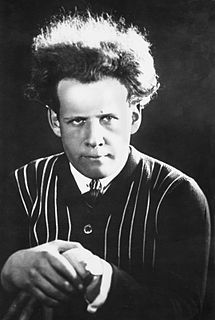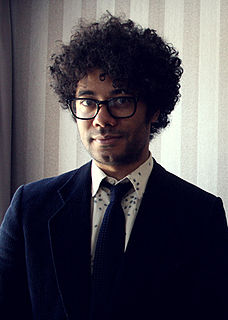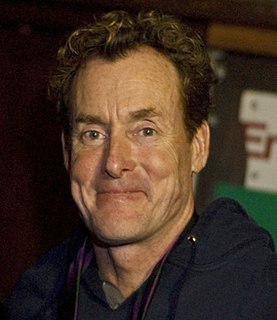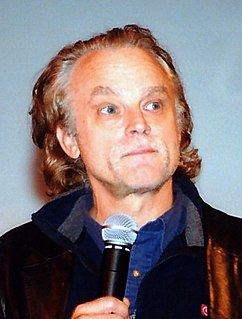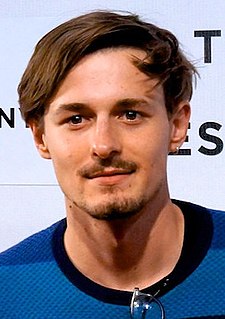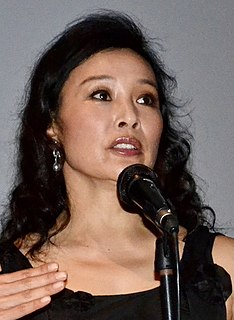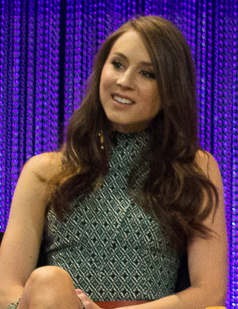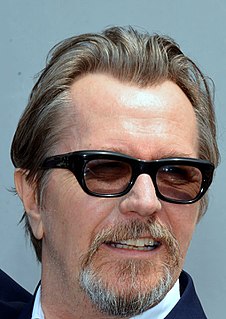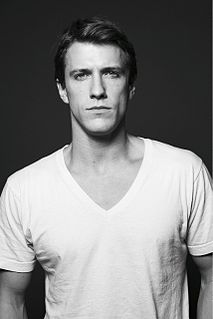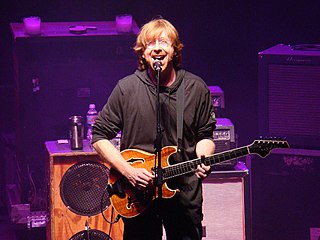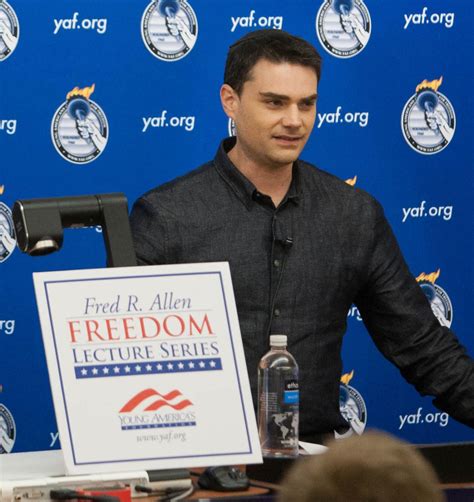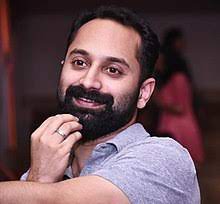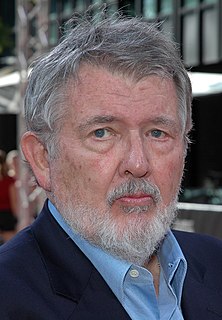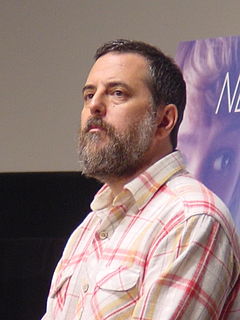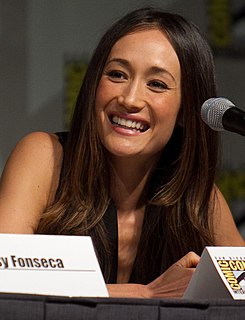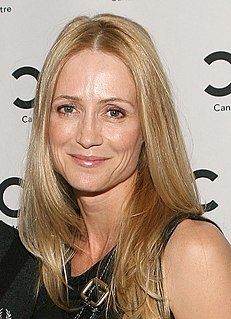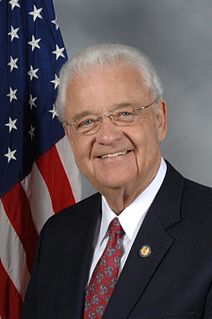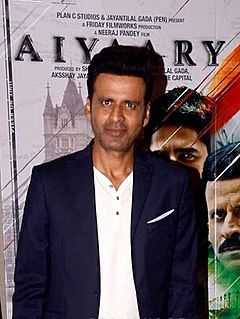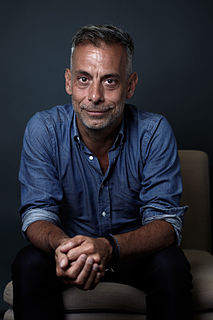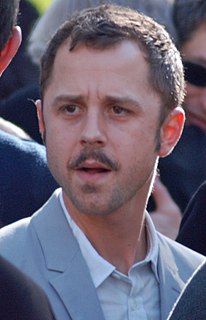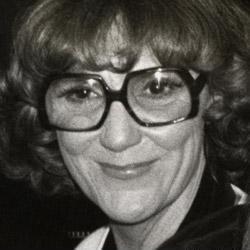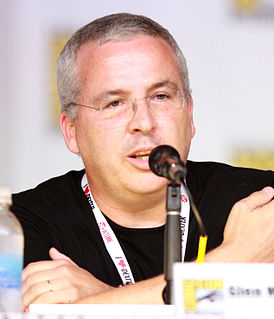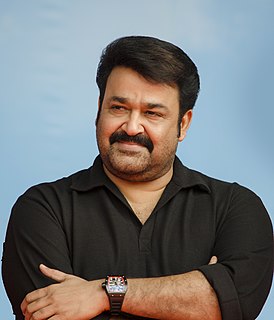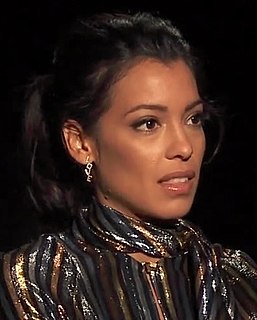Top 1200 Director Quotes & Sayings - Page 4
Explore popular Director quotes.
Last updated on December 4, 2024.
We were doing Scarface many years ago...and I remember having my coffee and looking at the beach, the surf, and I saw a hundred people looking out into the ocean. I thought, what's going on? Did some whale get washed up to shore? So I stood up on the table to see what it was, and it was the director, Brian De Palma, standing there alone by the surf and they were all waiting for him. And I never forgot that because it represented to me what a director is, what a director does.
As a director you already have a script, you have actors... you have collaborators when you're a director. When you're writing there's no one to collaborate with, there's no material to look at. I haven't adapted something yet, so, I'm sure that would be helpful. When you're writing an original piece you have nothing.
J.J. Abrams is a director with no ego. He is a director who has a very consistent attitude when he's at work. He's funny, he's brilliant, he's a combination of all these really great things. J.J. is the kind of person who sees the bigger picture before anybody else does. It sounds simple but not all directors do that.
With a good script a good director can produce a masterpiece; with the same script a mediocre director can make a passable film. But with a bad script even a good director can’t possibly make a good film. For truly cinematic expression, the camera and the microphone must be able to cross both fire and water. That is what makes a real movie. The script must be something that has the power to do this.
I don't recall a show I've ever been on that had the same director do two episodes in a row, but in England, they do it all the time. In England, they'll just have one director for eight episodes. That was the British system that Jane Tranter and Julie Gardner wanted to bring to the States. I think there was a nice merger of the two systems. They might have gone with one director, but John had obligations on The Village, and he had to leave and come back, so it seemed like a natural place to break it up.






